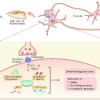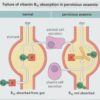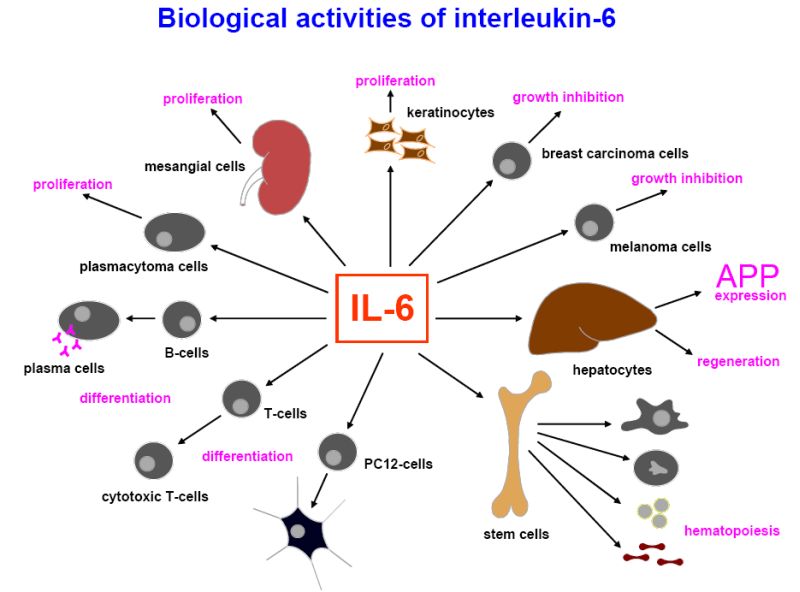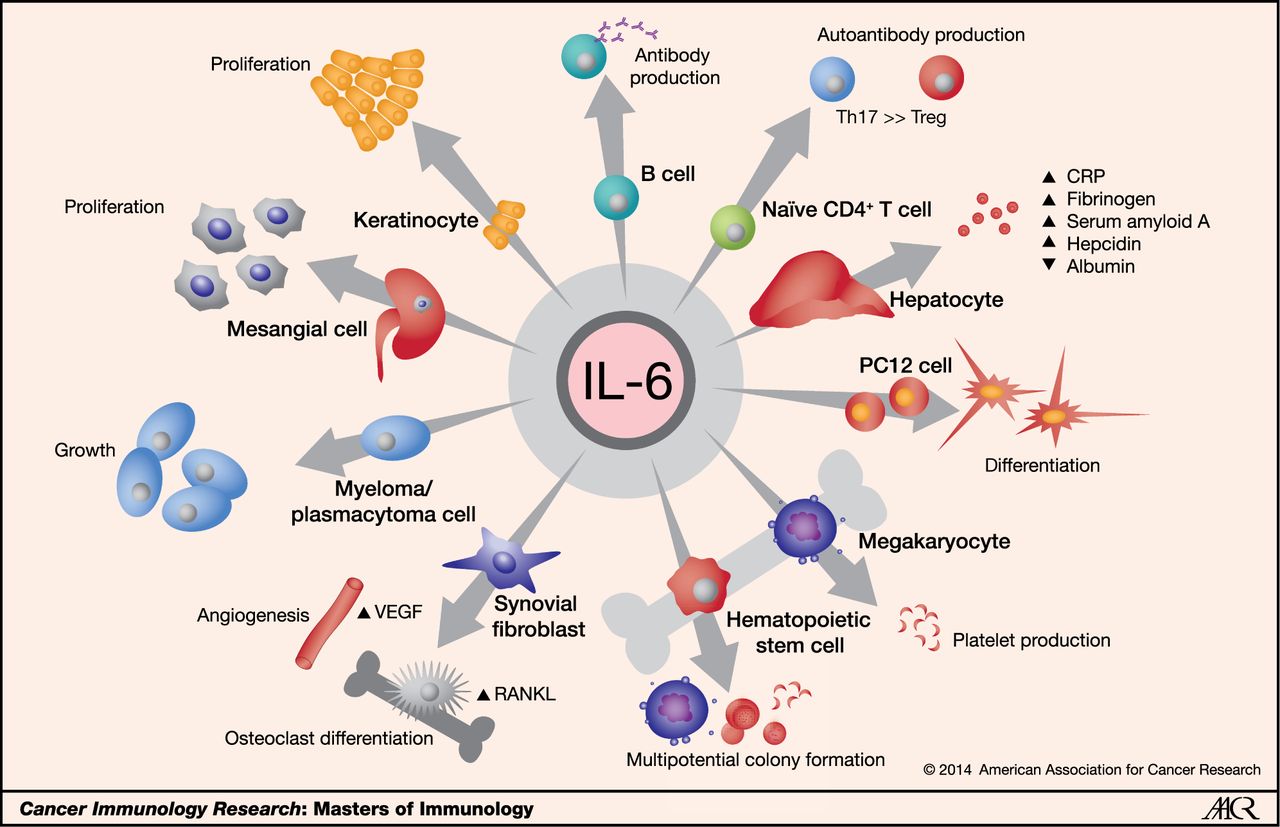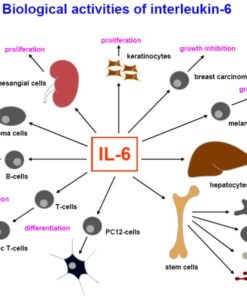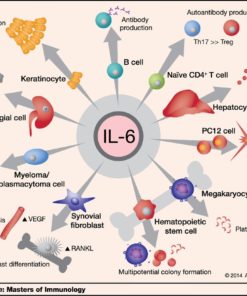Interleukin 6, IL6 Serum Test
$225.00
CPT: 83520
IL-6 is a protein produced by a variety of cells (i.e. white blood cells, fibroblasts, endothelial cells, etc.) that helps regulate immune responses, which makes the IL-6 test useful as a marker of immune activation and inflammation. IL-6 is a one of a large group of molecules called cytokines, which direct the body’s “inflammatory cascade.”
The majority of studies report that elevated levels of IL-6 are associated with worse cancer outcomes.
The median IL-6 cut-off, above which the overall survival rates decrease with a variety of cancer types is >10 pg/mL.
Interleukin 6 – monitor cancer progression, inflammation.
Lab Corp: “Interleukein-6 (IL-6) is a pleiotropic cytokine that acts as both a pro-inflammatory and anti-inflammatory mediator that plays an important role in the proliferation and differentiation of cells in humans.4-7 IL-6 is involved in many physiological responses, including acute phase response, fever induction, angiogenesis, B and T cell differentiation as well as in lipid and iron metabolism.8 IL-6 is produced locally at the site of infectious or injured lesions and is delivered to the whole body via the blood stream, promptly activating the host defense system to perform diverse functions.6 This essential cytokine stimulates acute phase reactions, immune responses, hematopoiesis and various internal organs to prepare for host defense.6 IL-6 is an important mediator of fever and the acute phase response that enhances the innate immune system to protect against tissue damage.7
In severe cases, IL-6 levels measured can trigger excessive defense signaling and threaten survival.9 Sustained and excessive production of IL-6 can occur in a variety of inflammatory diseases.4-7,10 Historically. the first disease to be associated with markedly elevated IL-6 was cardiac myxoma, a benign heart tumor, where increased IL-6 levels cause extensive inflammatory symptoms.11,12 Markedly elevated IL-6 levels are also found in Castleman’s disease, a condition where patients suffer from severe inflammatory symptoms related to massive infiltration of mature plasma cells into lymph nodes.13 IL-6 is involved in pathogenesis of rheumatoid arthritis14,15 and other autoimmune conditions.5 Elevated levels of IL-6 in patients with community acquired pneumonia are associated with increased all-cause and cause-specific mortality during admission and over one-year post-admission, despite resolution of clinical signs of an acute infection.16-18 Increased amounts of IL-6 in serum were associated with pulmonary inflammation and extensive lung in SARS coronavirus patients.19,20″
Lab Corp Test Code 140916

